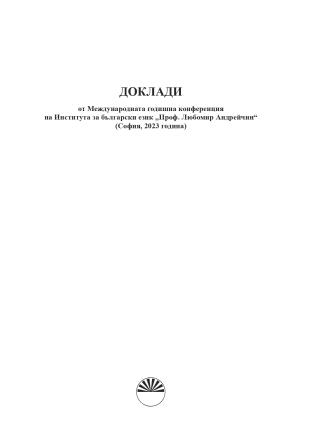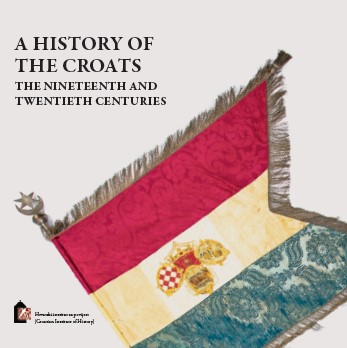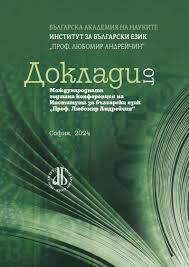
Унгарски заемки в роднинската терминология, представена в Общославянския лингвистичен атлас
The study is dedicated to the Hungarian loanwords in the Slavic kinship terminology. The linguistic material is collected from Volume XI Degrees of Kinship prepared by the Bulgarian National Commission as part of the Slavic Linguistic Atlas. The object of analysis are the loanwords of Hungarian origin in the Slavic dialect kinship terminology. The aim of the research is to show the source of the borrowings, the particularities of their adaptation, dialects where they are found. Special attention is also paid to Slavic loanwords adopted in Hungarian that have later been reborrowed into various Slavic dialects.
More...

